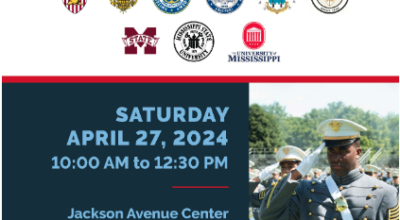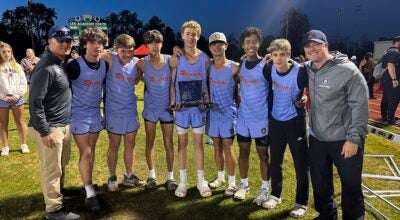Is AVID the answer to Oxford’s achievement gap problem?
Published 11:12 am Tuesday, December 13, 2016
Advancement Via Individual Determination, a program that aims to close achievement gaps in school districts, may soon be implemented in the Oxford School District.
The program was introduced via a presentation by Superintendent Brian Harvey at Monday night’s school board meeting. Harvey had recently returned from a trip where he learned more about what AVID has to offer.
“It’s a way for students to access the curriculum,” Harvey said. “And it’s professional development for teachers. It focuses on what (AVID) calls WICOR strategies: writing to learn, inquiry, collaboration, organization and reading to learn. That’s something we don’t have a systematic approach for.”
Harvey said he’s heard multiple teachers saying the district needs to offer study-skills classes for its students.
“It’s not one class (the district needs),” he said. “We need a system that teaches kids that process, start to finish.”
The superintendent also said that the program isn’t directed at high achievers or those who struggle, but rather for those in the middle.
“However, the things in the program are good for all kids; they’ll all benefit from it,” he said. “It’s about moving those students in the middle and giving them the skills they need to be successful; to take higher level courses, so that they can take Advanced Placement courses in high school and be prepared to succeed in college if that’s what they choose to do. Or in whatever path they choose.”
He said that the board will continue to look into the program with no exact start date set for its implementation at this time.
“It is a tremendous program and I believe it is one that we can use to move the needle in closing the achievement gap,” Harvey concluded.
Parent meetings will be scheduled at each of the schools so those who are interested can learn more about AVID. The board said those meetings will be in January and February.
The AVID Program began in 1980 and further information about it can be found on AVID.org.






